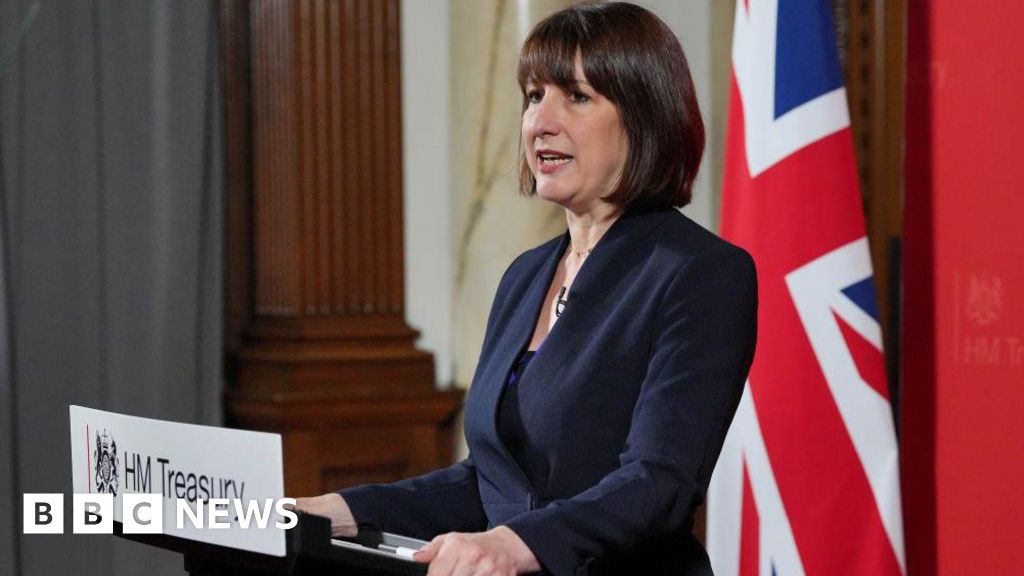Chancellor Rachel Reeves to axe projects after review of finances


Before the election, leading economists warned that the sums did not add up and that the new government would face a stark choice between raising taxes, cutting spending or abandoning its commitments to reduce debt in the medium term.
But the incoming government has said it found the situation was even worse than it expected, describing it as "catastrophic"[1], with extra demands on the government purse being uncovered as new ministers went through their departments' accounts with a fine-tooth comb.
Ms Reeves is said to be "genuinely shocked" by some of the findings.
However, she will not suggest at this stage that tax rises will be required.
Instead she will invite the Office for Budget Responsibility[2] to make an assessment of the public finances.
She will also kick off the process for a Spending Review, which looks at departmental budgets over the longer term.
Budgets or similar fiscal events will be held only once a year, with Ms Reeves expected to set a date for her first in the autumn.
Insiders suggest that had the chancellor wanted to raise taxes, she would have held an emergency Budget this week, but that instead she will restate manifesto commitments to not raise the rates of personal taxes, including income tax.
Monday's announcement is "about tough spending decisions", Pat McFadden, Chancellor of the Duchy of Lancaster, told the BBC.
"It's true that we knew we'd inherit a tough situation but what we've found in the few weeks since we took office is that it's even tougher because of the things that we've found that weren't revealed before the election."
Michael Saunders, senior adviser at Oxford Economics, thinks there will be "a smaller squeeze on public spending" but one that's "still pretty tough" as well as bigger tax rises.
"I expect that the chancellor will be able to find various examples... of projects that the [previous] government had announced but never funded or underfunded, or which are above budget or behind schedule," he told the BBC's Today programme.
"The chancellor will be able to claim, therefore, that the public finances are even worse than feared."
References
- ^ describing it as "catastrophic" (www.bbc.co.uk)
- ^ the Office for Budget Responsibility (www.bbc.co.uk)